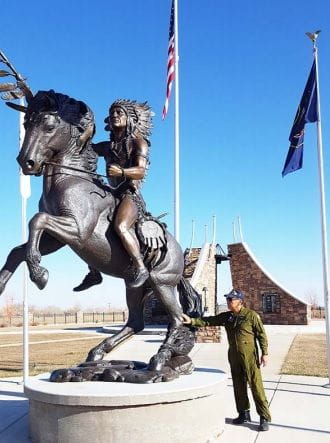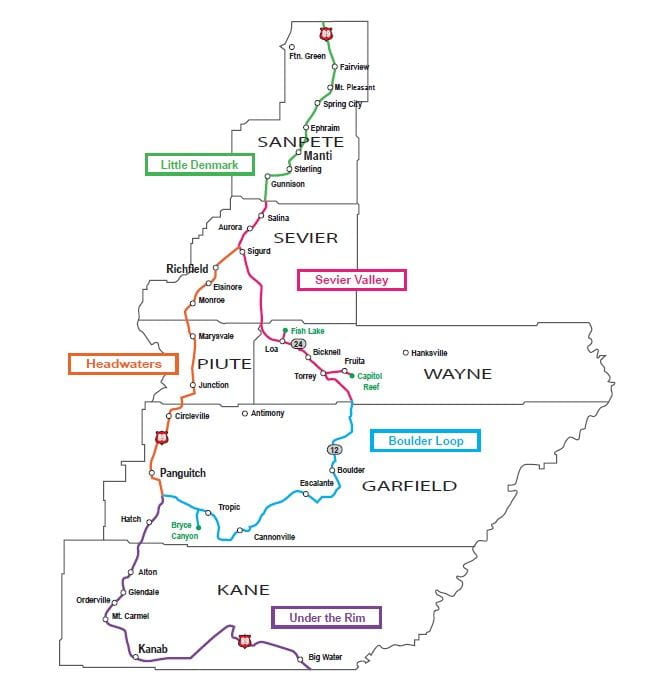Changing Our Name
With new developments and dropping the use of the word “Mormon,” what about the Mormon Pioneer National Heritage Area? Will the name change?
In a nutshell, no. The Mormon Pioneer National Heritage Area was named as an act of Congress and will remain so named.
Many of you have reached out to us on the phone, email or on social media. We appreciate you taking your time to reach out and inquire on our status. You see, the Mormon Pioneer National Heritage Area is a nationally-recognized heritage area, as well as a recognized 501(c)(3) organization. As such, it is important to note that the Mormon Pioneer National Heritage Area, while named with a common nickname for an organization that is a religious organization, The Church of Jesus Christ of Latter-day Saints, it is a completely different entity.

Along with all of the hard work at the early stages of the MPNHA, there were many conversations about selecting an appropriate name. These included conversations with the public relations department of The Church of Jesus Christ of Latter-day Saints. During these talks, it was clear that the MPNHA was being organized to share the heritage of the early settlers and peoples in central and southern Utah, many of whom were Mormon pioneers. Additionally, the Heritage Area would share the stories of the landscape, and the interactions with the Native people and other settlers who helped shape the threads of the communities located inside the boundaries of the MPNHA.
Recently, The Church of Jesus Christ of Latter-day Saints announced that it would discontinue the use of the word “Mormon” in its branding and asked its members worldwide to do the same. There would be certain exceptions to this, as detailed below, taken from the official style guide of The Church of Jesus Christ of Latter-day Saints.
“Mormon” is correctly used in proper names such as the Book of Mormon or when used as an adjective in such historical expressions as “Mormon Trail.”
As many of our neighbors have asked, we will continue using the legal name of the MPNHA, the Mormon Pioneer National Heritage Area. Changing the MPNHA’s name would require an act of congress, and be quite cumbersome to all involved.
Not sharing the stories of the early settlers of the area, who were mostly Mormon pioneers, would not do the rich history of the area justice. Their contributions to central and southern Utah is evident in every town that is inside our boundaries. It is also the case if we ignore the Native population and its similarly important heritage.

As an organization, we are committed to improving the lives of those living inside the boundaries of the Mormon Pioneer National Heritage Area, as well as to drive tourism into each of the five designated districts of the MPNHA, Little Denmark, Sevier Valley, Headwaters, the Boulder Loop, and Under the Rim.
Looking Forward: The Next 10 Years And Beyond
The pioneers who settled what is now the MPNHA were always driven by hope and a vision of the future. So it is with the Heritage Area.
For overall direction, the MPNHA will continue to look to its management plan and work toward the goals described therein. We will continue to operate according to our partnership philosophy, which means helping counties, cities, towns, nonprofit groups, businesses and private individuals get projects off the ground that fit Heritage Area goals.
We will continue to tell the story of the Mormon pioneers of south-central Utah with passion and impact, including continuing to promote development of interpretive sites, and preservation of landmarks and historic buildings.